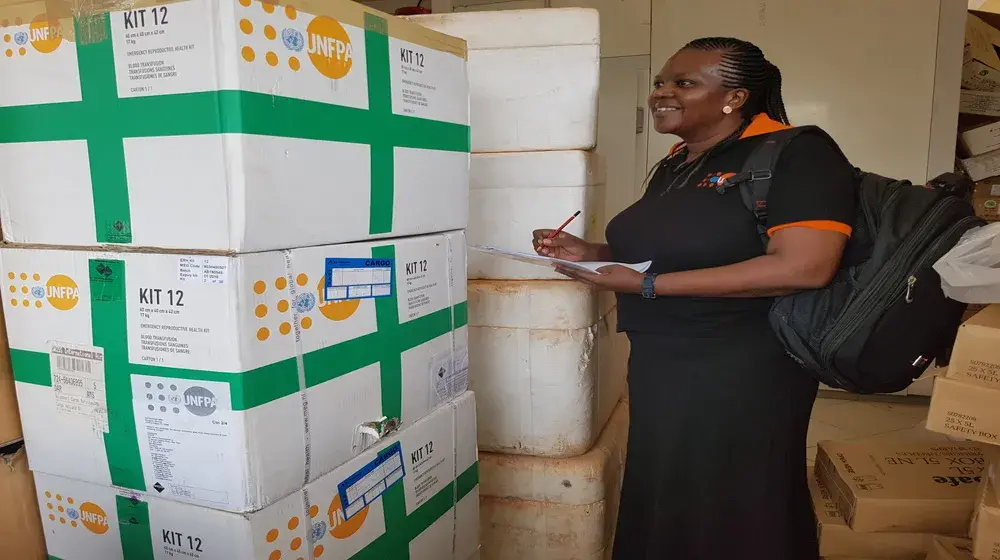26 September has been designated World Contraception Day to bring focus to the rights of all couples and individuals to decide freely and responsibly on the number and spacing of their children. This is also captured in the 2030 Agenda for Sustainable Development under target 3.7 that states “by 2030, ensure universal access to sexual and reproductive healthcare services, including family planning, information and education, and the integration of reproductive health into national strategies and programmes.”
Improved access to low-cost contraception and its uptake through family planning programmes has reduced high-risk pregnancies; maternal and child mortality; teen and unplanned pregnancies; and, improved child health and nutrition. Modelling exercises have found that contraceptive use may have reduced maternal mortality by over 40%. It is critical that all stakeholders work together to maintain these hard-fought gains and further drive new ones. Notably, in addition to family planning goals, better and more options are needed to sustain progress in the fight against HIV and AIDS, as well as other sexually transmitted infections.
It is important to note that the impact of family planning is beyond health. It is multisectoral and even intergenerational. It is well documented that improved child health and nutrition has the potential to positively influence academic performance and behavior. In turn, education is a key determinant of the uptake and consistency in use of family planning services. Estimates for the economic impact of family planning have found that $3.6 billion a year spent on providing contraception to all those who want them has a potential of an annual return of $432 billion. A return of $120 for every dollar spent. Further, family planning is increasingly being identified as a cost-effective approach in climate change resilience strategies.
UNFPA, in fact, been a long-term partner of the Ministry of Health’s family planning programme and has been working very closely with other development agencies as well.
UNFPA reiterates its commitment to stand ready to support the Ministry of Health to further strengthen and expand family planning services as core to maternal and child health.
For Media queries and further information, please contact:
Warren Bright, UNFPA Tanzania Communications Analyst, Mobile: +255 764 43 44 45, Email: bwarren@unfpa.org


